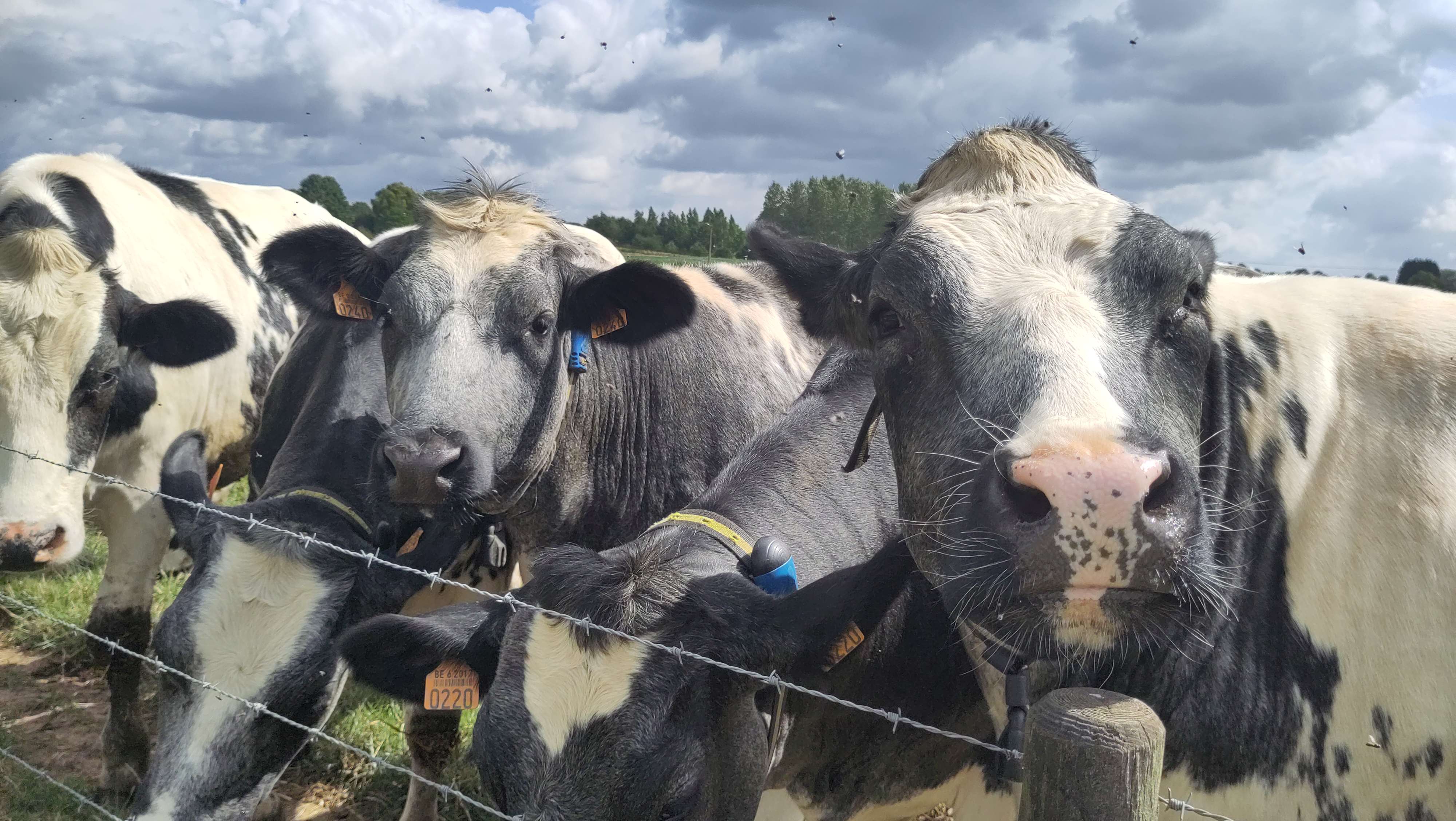European Union to review animal welfare legislation this autumn

This autumn, the European Union is reviewing its animal welfare legislation, which has become part of the Farm to Fork Strategy since the introduction of the European Green Deal. The EU has some of the highest animal welfare standards in the world, legislation that mainly concerns farm animals.
For decades, the European Union has been working on harmonised legislation to maintain a high level of animal health and welfare in all member states. Much of the focus has been on farm animals. This is not surprising given that the EU has about 6 billion broiler chickens, 365.9 million laying hens, 143 million pigs, 77 million cattle, 62 million sheep and 12 million goats.
Minimum standards
In 1974, Europe's first animal welfare law became a reality. It covered the slaughter of animals. This was followed by legislation on animal transport and various types of animal production.
Over the years, the European Commission has developed additional legislation to protect farm animals, with specific directives covering the protection of animals such as calves, pigs, laying hens and chickens kept for meat production. These EU animal welfare rules consider the 'five freedoms': freedom from hunger and thirst; freedom from discomfort; freedom from pain, injury and disease; freedom from fear and distress; and freedom to express normal behaviour.
The actual implementation of the legislation is the responsibility of the member states. It is monitored by the Commission through regular audits to check that the competent authorities are carrying out proper official controls. Failure to comply with the rules can result in legal action being taken against member states before the European Court of Justice. In addition, the Commission helps raise awareness of animal welfare through training programmes, scientific advice and legal interpretations.
Farm to Fork
Since the launch of the European Green Deal, animal welfare has become an integral part of the Farm to Fork Strategy (F2F), which aims to make food systems fair, healthy and environmentally friendly. This is why the Commission is carrying out a comprehensive review of its animal welfare legislation this autumn. This will include a review of the directive on the protection of animals kept for farming purposes, four directives laying down minimum standards for the protection of laying hens, broilers, pigs and calves, and regulations on the protection of animals during transport and at the time of killing.
Another prominent issue on the agenda is the possible creation of an EU Commissioner for Animal Welfare. In June, research company IPSOS surveyed the ten largest EU countries, covering 81 per cent of the EU population: France, Germany, Poland, Spain, Italy, Belgium, the Netherlands, Romania, Hungary and Sweden. In all these countries, 3,500 European adults aged between 18 and 65 were asked whether they supported the appointment of an Animal Welfare Commissioner. A staggering 7 out of 10 citizens were in favour.
As there is currently no European Commissioner for Animal Welfare, responsibility for animal welfare in the EU lies with the Commissioner for Health and Food Safety.
© BELGA PHOTO INE GILLIS
Related News

